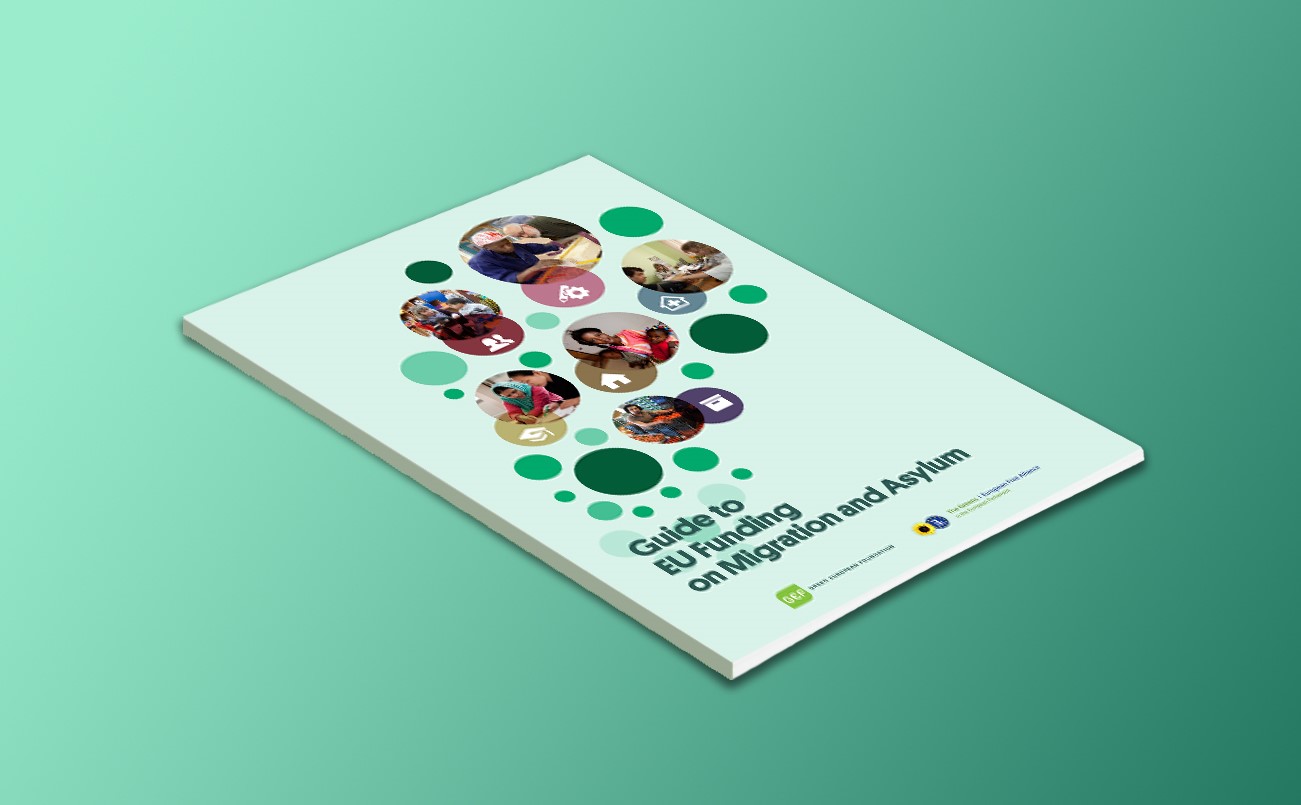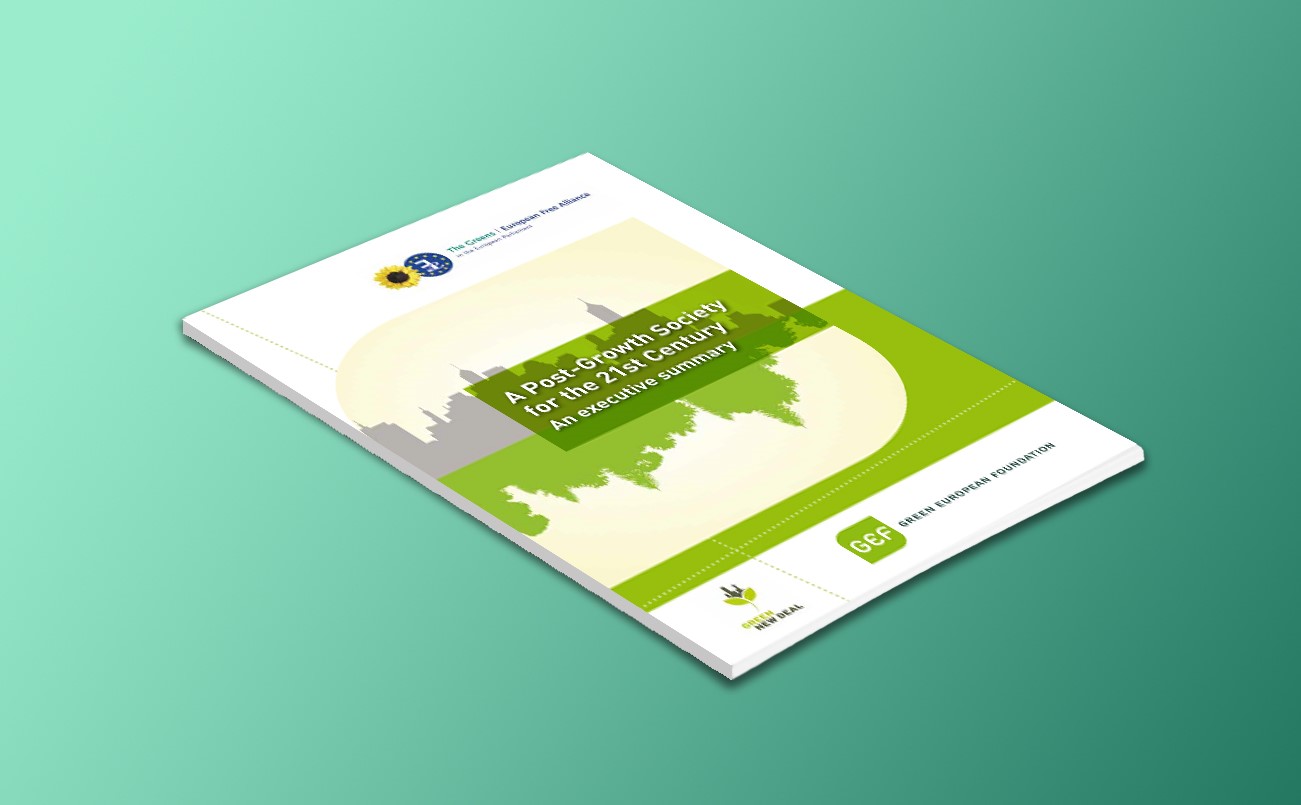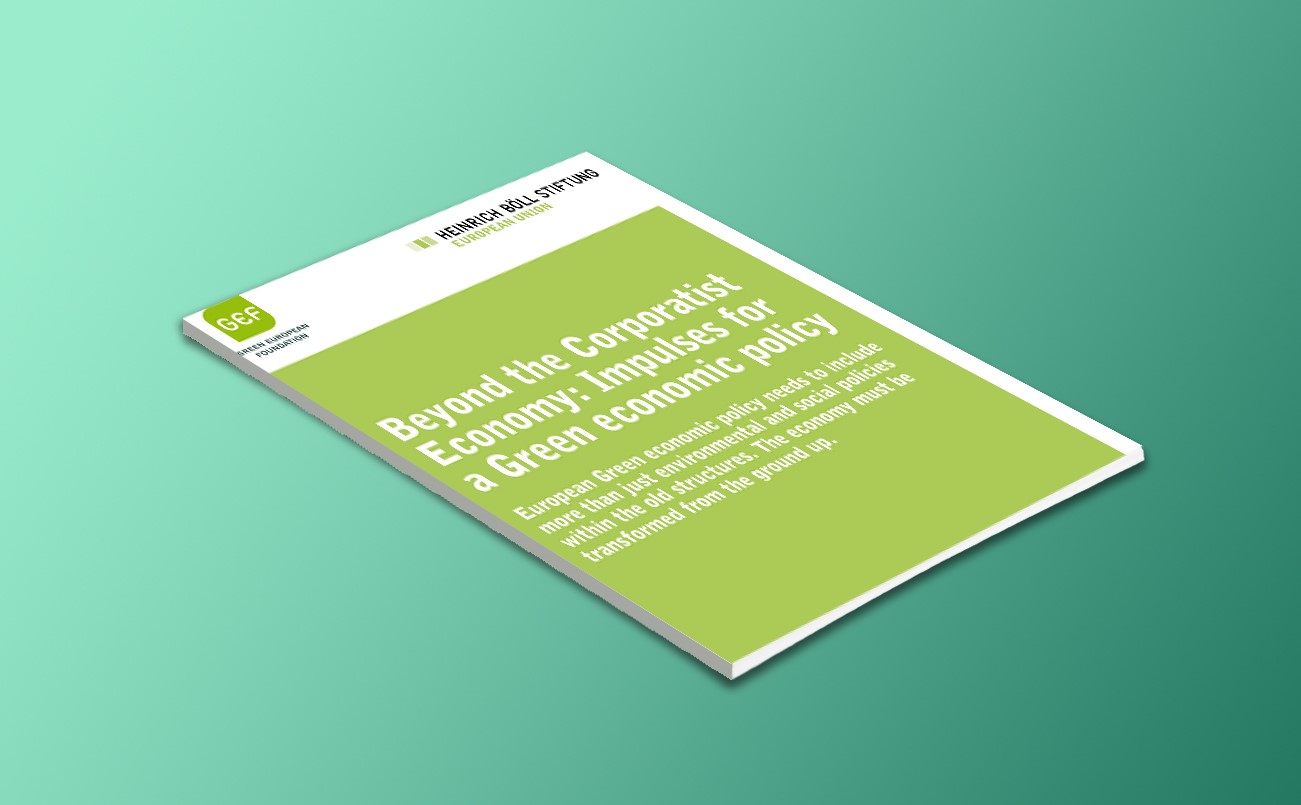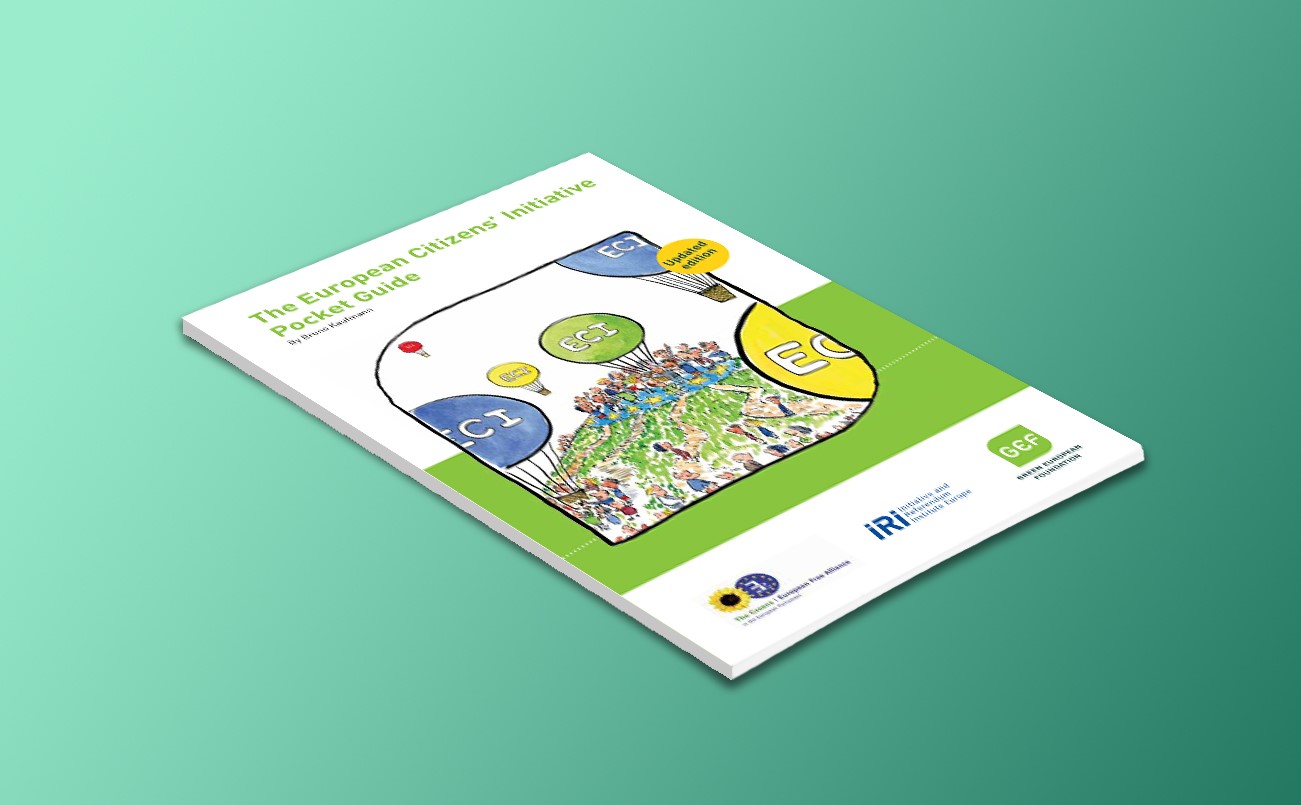
In the absence of a common European response that treats migration as a human phenomenon and manages it as such, the task of welcoming and accommodating migrants and acting as their first personal contacts has mainly been taken on by local and regional authorities, non-governmental organisations and activists, who continue to play a key role in providing initial reception and access to services and fundamental rights for migrants and refugees. In this context, this guide builds on the idea that the best practices of how to welcome refugees and asylum seekers and work towards successful integration can be found in local communities and initiatives throughout Europe.
Therefore, the objective of this guide is to actively support the work of these local actors, organisations and institutions with a one-stop source of information on additional financial assistance offered by the EU. This guide provides a quick and easy overview of the relevant EU funding opportunities, with key information and practical inputs in regards to accessing them. Special attention is given to projects that foster integration, social inclusion and a better quality of life for migrants, refugees and asylum seekers.
A hard copy of this guide can be ordered by sending an email to: info@gef.eu
This publication as a PDF file is available for download in following versions:
- In English
- In German with a foreword by German MEPs Terry Reintke, Ska Keller, Helga Trüpel, and Rebecca Harms
- In German, with a foreword by Austrian MEP Monika Vana
- In French
- In Spanish
- In Catalan
- In Slovenian
- In Greek
- In Italian
- In Portuguese
- In Dutch
- In Hungarian
- In Danish
- In Slovakian
- In Swedish
- In Polish












































Przewodnik po finansowaniu UE dla projektów dotyczących migracji i azylu 9.41 MB 163 downloads
... - In Czech






